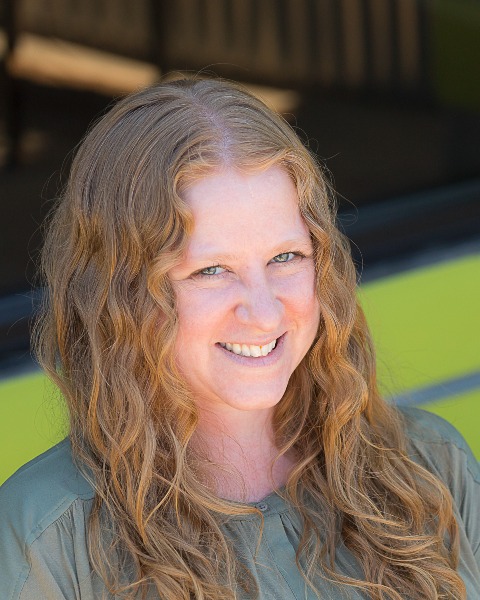Mobile Workshop
Housing Challenges and Solutions
Micro-Communities as a Pathway to Permanent Housing
Monday, March 31, 2025
1:30 PM - 4:30 PM CT
Location: Mobile Workshop Departure Area
CM: 2.5
Ticket Price: $60

Libby Kaiser, AICP (she/her/hers)
Principal City Planner
City and County of Denver
Denver, CO
Lead Mobile Workshop Coordinator(s)
Like many cities struggling with a housing crisis, Denver’s homeless population increased and tent encampments lined many ostreets. At the beginning of the Covid pandemic, many people experiencing homelessness were hesitant to stay in traditional, congregate shelters where social distancing was difficult. In 2020, the city allowed its first micro-communities as an undefined use to get people off the street and into individual sleeping units. These early sites were only allowed to operate for six months and generally consisted of ice-fishing tents, but they were successful in reducing the number of people sleeping on the street.
Finding micro-communities to be a useful tool in the housing continuum, Denver updated the zoning code in 2023 to define regulations for Temporary Managed Communities, comprised of sleeping units, communal facilities, and wraparound services managed by a nonprofit or governmental entity. Now, micro-communities are allowed to operate at one site for up to four years. Sleeping units have become more sophisticated, typically including a bed, desk, and heating/cooling. In the past year, Denver has opened eight new transitional housing sites — including micro-communities, permanently closed 16 tent encampments, and moved more than 1,600 people off the streets and into shelter.
Finding micro-communities to be a useful tool in the housing continuum, Denver updated the zoning code in 2023 to define regulations for Temporary Managed Communities, comprised of sleeping units, communal facilities, and wraparound services managed by a nonprofit or governmental entity. Now, micro-communities are allowed to operate at one site for up to four years. Sleeping units have become more sophisticated, typically including a bed, desk, and heating/cooling. In the past year, Denver has opened eight new transitional housing sites — including micro-communities, permanently closed 16 tent encampments, and moved more than 1,600 people off the streets and into shelter.
Learning Objectives:
- Describe the character and function of a micro-community.
- Draft zoning regulations that allow for micro-communities.
- Advocate for homeless shelter options that include individual sleeping units and wraparound services.

.jpg)
.jpg)
.jpg)
.jpg)

